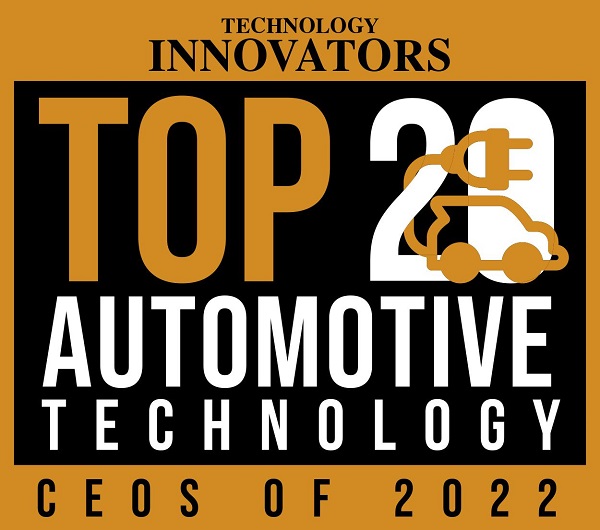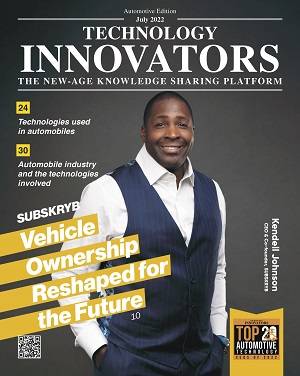Trending →
Digitization, automation, and new business models are revolutionizing today’s automotive industry to a great extent. These forces are giving rise modern features like diverse mobility, autonomous driving, electrification, and connectivity. Companies are heavily investing in these with the rising customer demands. At the operational level, the pandemic has accelerated developments in the automotive industry that began several years ago. Many of these changes are largely positive, such as the growth of online traffic and the greater willingness of OEMs to cooperate with partners—automotive and otherwise—to address challenges. While OEMs may now be concentrating on the core to keep the lights on, the failure to investigate other opportunities could be hamper them long term. Given the widespread understanding that game-changing disruption is already on the horizon, there is still clear prediction on how the industry will look in the future. Automakers are finding out what kind of changes are coming and how they will affect traditional vehicle manufacturing and consumers, markets, and the automotive value chain. In this edition of Technology Innovators, we bring to you the Top 20 Automotive Technology CEOs of 2022. We hope it will help automotive leaders to gain more knowledge and insight to reimagine their organizational structures and operations and align to them to the modern forces and successfully implement them.

























